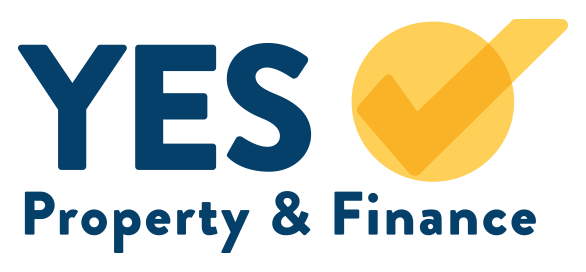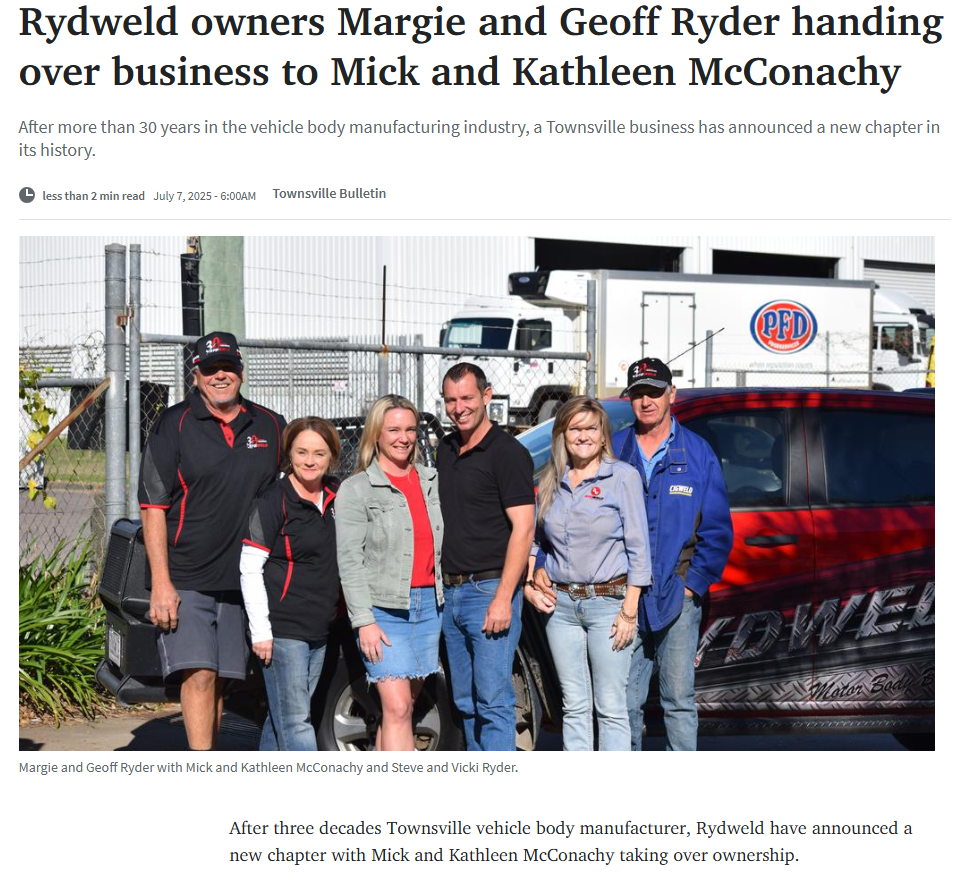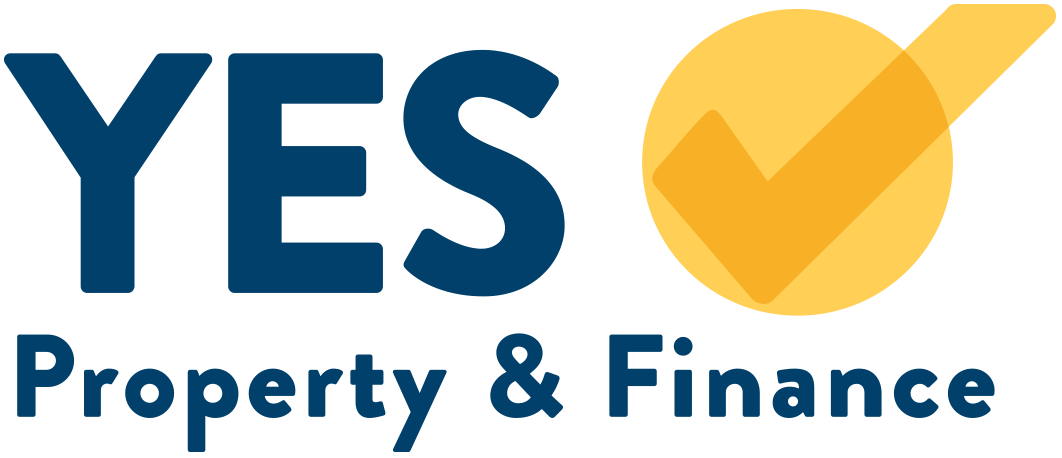What’s a Good Business Worth?
Understanding Business Valuation (in the Australian Market)

When you're considering buying a business in Australia, one of the most important—and often confusing—questions is: "How much is this business actually worth?" Business valuation isn't just a matter of looking at the asking price; it involves a careful assessment of the business’s financials, market position, and future potential. Whether you're eyeing a café in Brisbane, a trades business in Townsville, or an online store based in Sydney, understanding valuation can help you avoid overpaying and make smarter investment decisions.
In this article, we’ll break down the key valuation methods, what drives value in Australian businesses, red flags to watch out for, and practical tips to assess whether a business is truly a good deal.
Why Valuation Matters
Business valuation is more than just an academic exercise. It helps you:
- Avoid overpaying or underbidding.
- Secure appropriate finance from banks or investors.
- Justify your offer during negotiation.
- Understand potential return on investment (ROI).
- Determine the risks versus rewards.
Unlike real estate, there's no fixed market rate per square metre. Business value is largely based on future earnings, risk profile, and industry dynamics. That’s why knowing how to interpret valuation is critical.
Common Valuation Methods in Australia
1. EBITDA Multiple Method
EBITDA stands for Earnings Before Interest, Tax, Depreciation, and Amortisation. It reflects the business's operating profit before non-cash and variable expenses.
How it works:
Valuation = EBITDA × Industry Multiple
Example:
If EBITDA = $250,000 and the industry multiple is 2.5, then business value = $625,000
Common multiples in Australia (as a guide):
- Cafés & hospitality: 1.0–2.5×
- Trade & construction: 2.0–3.5×
- Online businesses: 2.0–4.0×
- Professional services: 2.5–4.0×
What impacts the multiple?
- Stability of earnings
- Size of business
- Industry risk
- Owner involvement
- Quality of systems and staff
2. Net Profit Method
This method uses the adjusted net profit (after normalising owner’s wages and removing one-offs).
Valuation = Adjusted Net Profit × Market Multiple
It’s similar to EBITDA but more useful for smaller businesses where depreciation and interest are less relevant.
3. Asset-Based Valuation
Used where assets drive value—think manufacturing, agriculture, or transport.
Valuation = Net Tangible Assets + Goodwill (if applicable)
Assets are assessed at fair market value, not just book value. This method is less relevant for service-based businesses.
4. Cost to Establish
This is the "replacement value" of the business—what it would cost to build it from scratch.
Useful for:
- Franchise resales
- Recently established businesses
- Businesses with limited profit history
But remember, just because it cost $300,000 to set up doesn't mean it's worth $300,000 today.
5. Rule of Thumb Valuations
In some industries, especially retail and hospitality, quick rules of thumb are used, like:
- Cafés: 30–50% of annual revenue
- E-commerce: 2–3× net profit
- Hair salons: 50–80% of turnover
These are only rough guides and should never replace a proper financial analysis.
Factors That Influence Valuation in Australia
✅ 1. Profitability
High, stable profits = higher value. A business making $200,000 profit consistently is much more valuable than one fluctuating between losses and gains.
✅ 2. Owner Dependency
If the owner is the business (e.g., a sole operator), it reduces value. Buyers must replace the skillset or customer trust.
✅ 3. Location
A well-located business (e.g., a bakery on a busy footpath in Brisbane) may command a premium. Remote or regional locations could affect value—but also opportunity.
✅ 4. Lease Terms
A good lease = stability. Buyers look for secure terms (3–5 years minimum) and fair market rent.
✅ 5. Brand Strength & Reputation
Customer loyalty, strong Google reviews, and social media presence can translate into higher goodwill.
✅ 6. Industry Trends
Is the sector growing or declining? A cleaning business may be more appealing than a DVD rental store, no matter how strong its recent profits look.
What About Goodwill?
Goodwill is the "intangible" part of a business—brand, customer loyalty, location, systems, staff, etc.
It’s often the most disputed part of valuation.
Goodwill = Sale Price – Value of Tangible Assets
If a business sells for $450,000 and its assets (stock, equipment, vehicles) are worth $150,000, then goodwill = $300,000.
You should ensure that goodwill is supported by real value: repeat customers, documented systems, staff who will stay on, etc.
Common Red Flags in Business Valuation
Here are signs that a business may not be worth the asking price:
- 📉 Profits declining over multiple years
- 🕵️ Owner wants a quick sale with limited records
- 🔍 Overreliance on one customer or supplier
- 🧾 Unverifiable “cash” income claims
- 🧠 Business depends heavily on the owner’s knowledge
- 🛠️ Equipment and assets are old or overvalued
Always request:
- Profit & Loss statements (3 years)
- BAS returns
- Lease agreement
- Asset register
- Staff and payroll details
- List of top customers and suppliers
How to Determine if It’s a Good Deal
Here’s a 5-step checklist to help assess value:
1. Understand Your ROI
Return on Investment = Annual Profit ÷ Purchase Price
If a business returns $100,000 profit and the asking price is $300,000, ROI = 33%. This is a strong result (many buyers aim for 25–35%).
2. Compare with Similar Sales
Ask brokers or consult databases like:
- Bsale.com.au
- Seek Business
- Businessforsale.com.au
- Commercialrealestate.com.au
3. Check for Risk Discount
A small, owner-operated business is riskier than a franchise with brand support. That risk should be reflected in the price.
4. Factor in Working Capital Needs
Don’t spend all your cash on the purchase—businesses often need 10–20% of the purchase price in working capital post-settlement.
5. Get a Professional Valuation
A licensed business broker, accountant, or valuer can provide a written valuation or review the seller’s asking price.
Valuation Examples
Example A – Trade Business in Townsville
- EBITDA: $300,000
- Industry multiple: 2.8×
- Estimated value: $840,000
- Assets: $200,000
- Goodwill: $640,000
💬 Buyer should assess client contracts, staff reliability, and pipeline before paying premium.
Example B – Online Retail Store
- Net Profit: $150,000
- Asking price: $450,000
- ROI = 33%
✅ Looks healthy, but buyer must check traffic sources, brand ownership, and supplier relationships.
Example C – Café in Sydney
- Turnover: $700,000
- Profit: $120,000
- Asking price: $320,000
🤔 2.7× profit may be high unless it has strong lease, foot traffic, and staff continuity.
Final Tips Before You Buy
- 🔍 Always perform due diligence with your accountant or broker.
- 💬 Ask the seller: “What would you do to grow this business if you were staying on?”
- 📉 Be wary of emotional pricing—just because someone spent $400,000 building it doesn’t make it worth that.
- 📋 Get agreements in writing, including any vendor finance or training period.
Conclusion
Understanding business valuation is crucial when buying a business in Australia. It’s not just about the numbers—it's about the why behind them. Strong profits, good systems, minimal owner reliance, and future growth opportunities are what truly drive value.
When you know how to interpret the price tag, you gain confidence and negotiation power. So whether you're looking at your first business or your fifth, always take the time to assess value beyond the surface—and seek expert advice when needed.
Of course, reach out to me to discuss your thoughts and requirements. I'd love the opportunity to chat
Trent Yesberg
Managing Director
Yes Property & Finance
0438 737 512
trent@yespf.com.au



